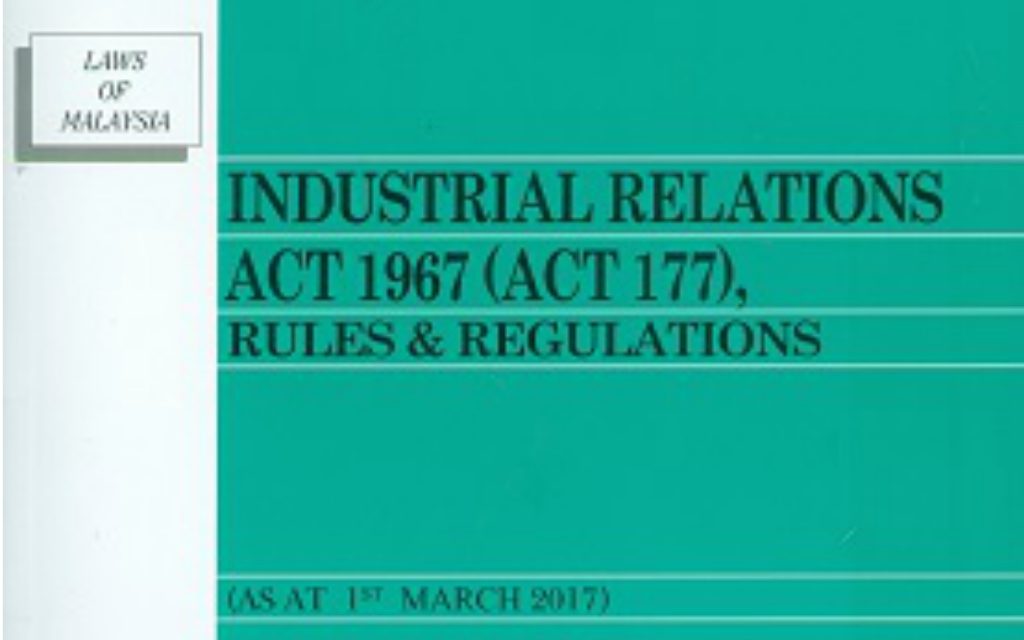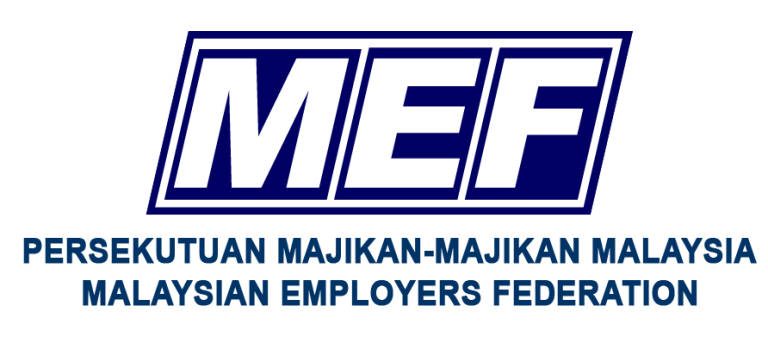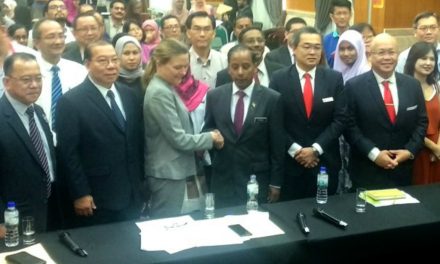This circular is to inform members of the bill on the Industrial Relations (Amendment) Act 2019 and also the salient amendments. Please be informed that the Dewan Rakyat had passed the bill on 10th October 2019 and will then be tabled to the Dewan Negara. The salient amendments to the Act are as follows:
1. Representations to the Industrial Court on the Unfair Dismissals
(a) Where cases are not resolved through conciliation at the Industrial Relations Department (IRD) the unresolved cases will be referred to the Industrial Court without further filtration. The amendment has repealed the Minister of Human Resources power to refer/not to refer cases to the Industrial Court.
(b) The employer or workman may be represented by any person of their choice except advocate or solicitor at the conciliation process at the IRD.
(c) Workman being under mental disability and not having a guardian may be represented by the next of kin at conciliation proceedings, subject to the approval of the High Court.
(d) The proposed amendment will enable the Industrial Court to make an award by not confining to the restrictions in the Second Schedule in the event the dismissal is due to union-busting.
(e) The amendment will also enable the minister to make an order to allow dismissed workman of any statutory authority to file a claim for unfair dismissal at the Department of Industrial Relations.
(f) Appeal of Industrial Court Award to the High Court
The new section 33C enables an aggrieved party who is not satisfied with an award of the Industrial Court to appeal to the High Court within fourteen days from the date of receipt of the award.
2. Interest on Industrial Court Awards
An award made under subsection 30(1) on the payment of money shall carry interest at the rate of eight per centum per annum, or such lesser rate as the Court may direct.
3. Trade Union & Bargaining Rights
a) Although the Trade Union Act has not been amended yet to allow multiplicity of Trade Union, however there is a high likelihood that amendments would be made to reflect the possibility of having multiplicity of trade unions in an organization. The current amendments to the Industrial Relations Act reflects the application for sole bargaining rights which enables the workmen to choose the preferred trade unions in the event there are more than one recognized trade union representing the workmen. This will ensure only one trade union, which has obtained the highest number of votes, to have sole bargaining rights to represent workmen in collective bargaining.
(b) Where the trade dispute relates to a refusal to commence collective bargaining or a deadlock in collective bargaining, reference to the Court shall not be made without the consent in writing of the parties unless the trade dispute relates to:
(i) the first collective agreement;
(ii) the trade dispute refers to any essential services specified in the First Schedule;
(iii) the trade dispute would result in acute crisis if not resolved expeditiously; or
(iv) the parties to the trade dispute are not acting in good faith to resolve the trade dispute expeditiously.
4. Trade Union may Raise Questions of General Character Relating to matters under Sec 13(3)
The proposed amendment allows trade union to raise questions of general character relating to transfers, employment, termination of services due to redundancy, dismissal and reinstatement and assignment or allocation of work.
5. List of Essential Services
It is also proposed that the First Schedule of the Essential Services be replaced with the new schedule. Some of the existing essential services such as Banking, Postal, Port, Airport and Harbour Services will be removed from the list of Essential Services.
Listed above are the major amendments to the Industrial Relations Act 1967, the other amendments can be viewed in the attached Bill HERE: Bill-Industrial-Relations-Act.pdf









